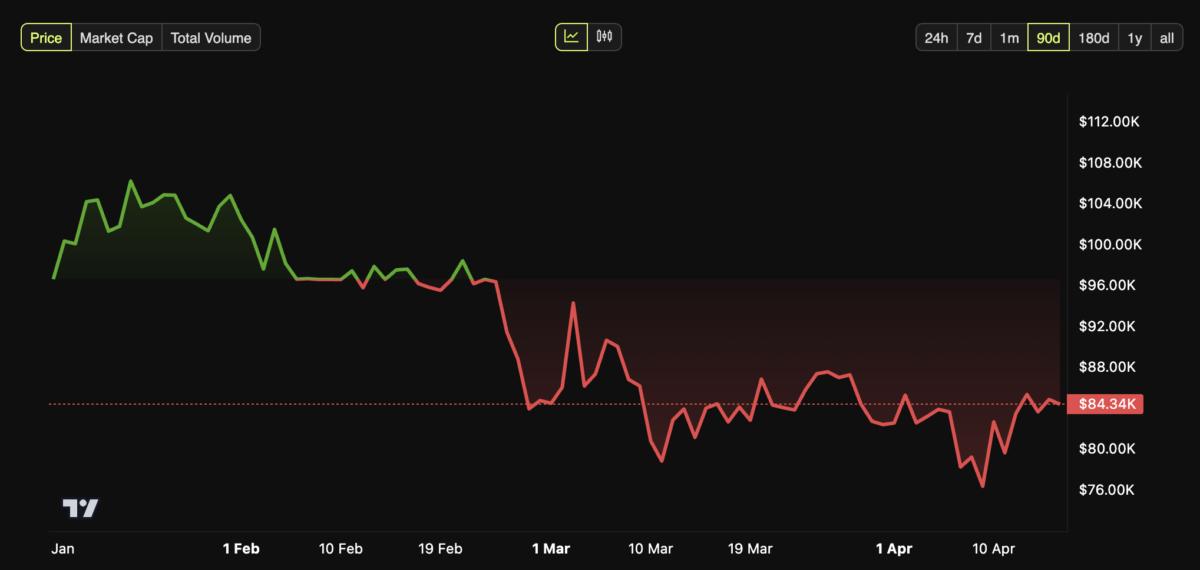Global Uncertainty: Businesses Brace for Geopolitical Tumult in 2025

Geopolitical Risks Top Corporate Concerns
Executives enter 2025 with heightened anxiety over geopolitical uncertainty.
The evolving U.S.-China relationship remains a primary concern, with increased trade restrictions and heightened tensions impacting businesses across sectors.
The Cost of Global Uncertainty
Deglobalization and “friend-shoring” have increased the costs of doing business globally.
Companies are forced to adapt to a new reality where geopolitical factors are paramount in strategic decision-making.
U.S.-China Relations Dominate the Landscape
The U.S.-China relationship continues to be a major source of concern for businesses.
Restrictions on trade, technology, and investment are increasing, creating significant challenges for companies operating in both markets.
Impact on Businesses
- Increased Compliance Costs: Companies are investing heavily in compliance efforts to navigate complex trade regulations and restrictions.
- Supply Chain Disruptions: Geopolitical events, such as the conflict in Ukraine, can have significant impacts on global supply chains.
- Heightened Risk: Businesses are facing increased risks due to geopolitical instability, including political unrest, cyberattacks, and economic sanctions.
Preparing for the Future
- Enhanced Risk Management: Companies are implementing robust risk management frameworks to assess and mitigate geopolitical risks.
- Scenario Planning: Scenario analysis is becoming crucial for businesses to anticipate and prepare for potential geopolitical disruptions.
- Increased Focus on Resilience: Building resilient supply chains and diversifying operations are key strategies for mitigating geopolitical risks.
Conclusion
Geopolitical uncertainty is likely to remain a significant challenge for businesses in 2025 and beyond.
Companies that can effectively navigate these challenges and adapt to the changing global landscape will be best positioned for success.








